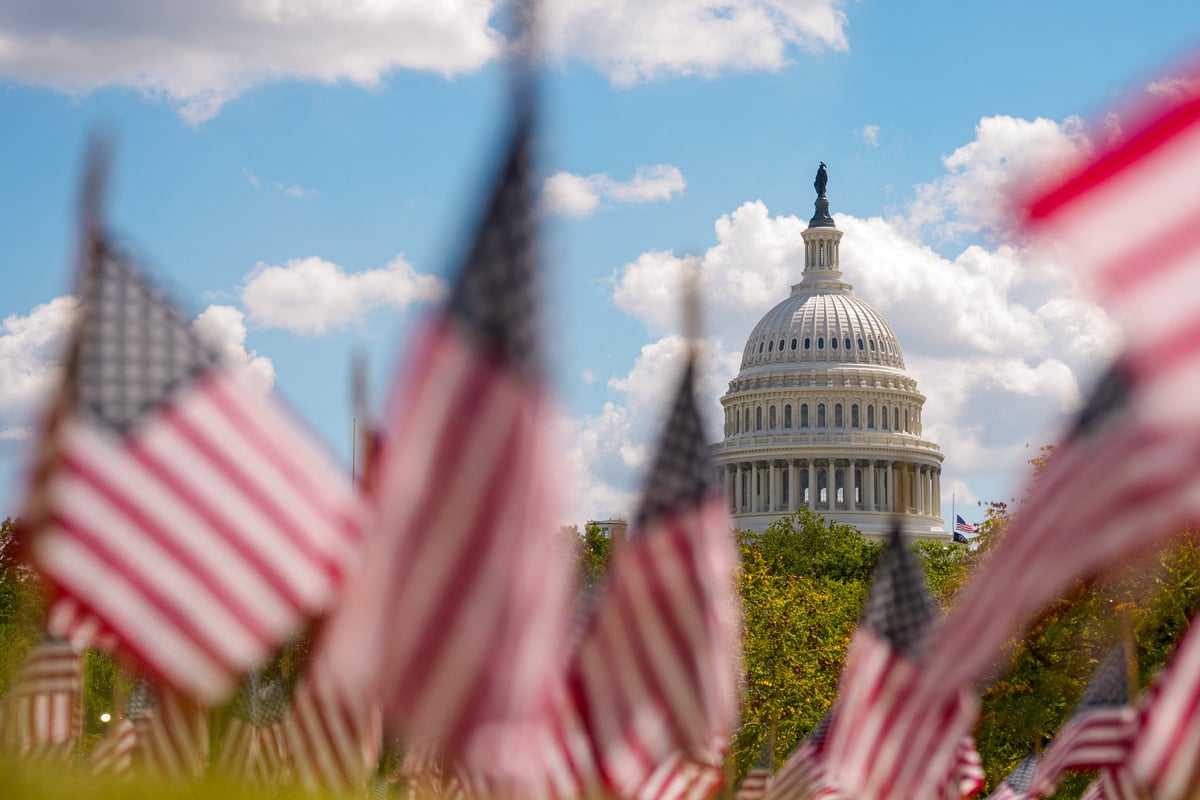Washington, D.C.: The Countdown to a Potential Government Shutdown
As lawmakers return to Capitol Hill after an extended break, they’re faced with the urgent task of passing a temporary budget. With a critical deadline looming on September 30, the potential for a federal government shutdown is palpable, bringing with it a host of consequences that could affect millions.
The Stakes of a Government Shutdown
A shutdown isn’t just a political stalemate; it has tangible impacts. Federal services would abruptly halt, leading to the disruption of essential services. Programs like Social Security and unemployment benefits could see delays, air traffic could be affected, and hundreds of thousands of federal employees might find themselves furloughed. The stakes are high, and the pressure is mounting.
Republican Majority, Democratic Collaboration?
Despite having a Republican majority in both chambers of Congress, the path to a budget agreement is rocky. Senate rules dictate that the Republicans will need the support of at least seven Democratic senators to get their budget passed. This bipartisan collaboration is no small feat, especially given the recent tensions driven by policy decisions from the Trump administration.
Budget Cuts and Political Fallout
One of the most contentious issues fueling the current climate is the Trump administration’s proposal to cut nearly $5 billion from international aid. This initiative has sparked outrage among Democrats, who warn that such cuts could hinder any potential negotiations surrounding the budget. Senate Minority Leader Chuck Schumer articulated the Democratic viewpoint clearly, stating, “It is clear that Republicans are prioritizing chaos over governing… The only way to avoid a shutdown is for Republicans to work with Democrats on the bill.”
A History of Partisan Gridlock
The shadow of the last shutdown in March looms large over the current negotiations. At that time, Republicans engaged in cuts that would have led to thousands of federal employees losing their jobs. The Democrats, including ten senators who reluctantly backed a bill to avoid that shutdown, were met with backlash from party supporters, accusing them of capitulating to Trump’s agenda.
A Flicker of Bipartisanship
Amid this tumultuous backdrop, a rare opportunity for bipartisanship is emerging, albeit linked to a highly controversial figure: disgraced financier Jeffrey Epstein. Representative Ro Khanna, a Democrat, alongside Republican Thomas Massie, is gearing up to push for a House vote on the public release of Epstein’s files. This initiative could potentially unite unlikely allies, even as it sows discord with the White House.
The Road Ahead
With the clock ticking, lawmakers are feeling the strain of impending deadlines. The need for a temporary budget is not just a procedural necessity but a critical lifeline that affects countless American lives. As discussions unfold, the political landscape remains fraught with challenges, indicating that collaboration may be essential for moving forward. Whether bipartisanship can emerge from the chaos remains to be seen, but one thing is clear: the urgency is palpable, and the stakes could not be higher.



